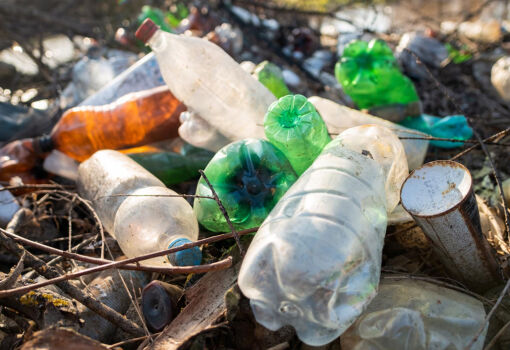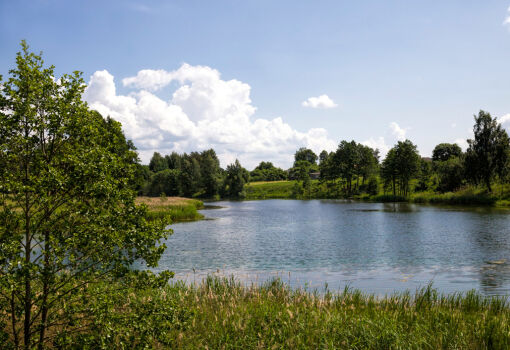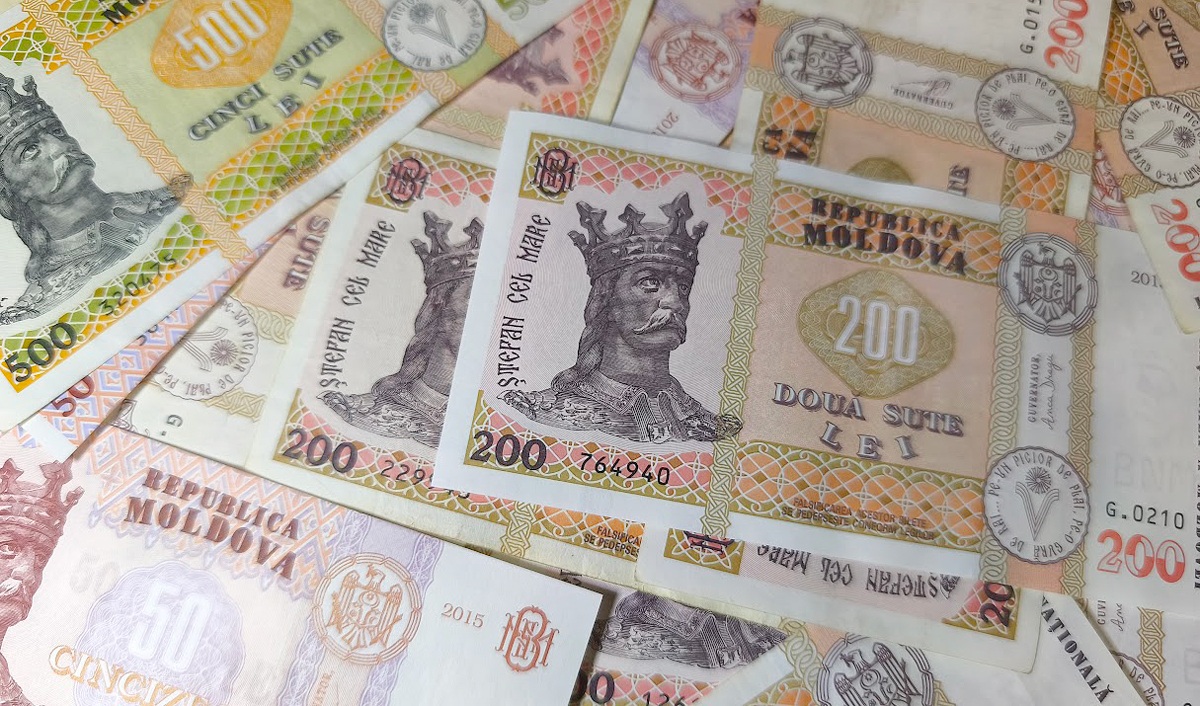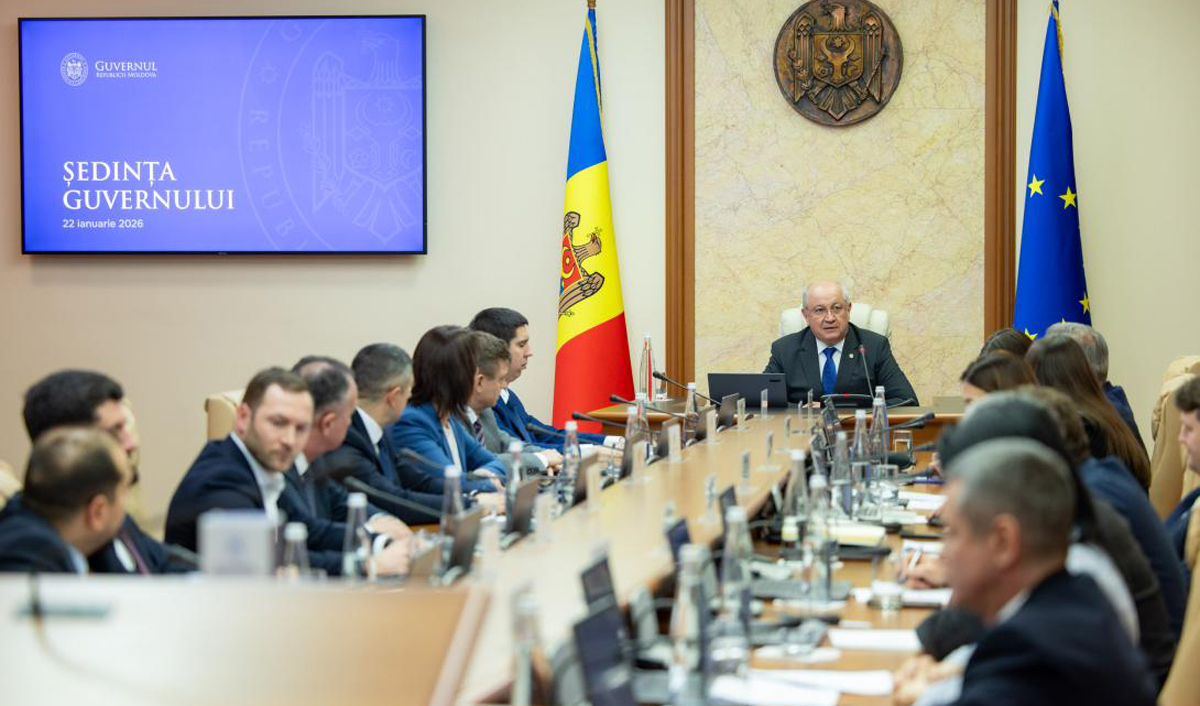
The meeting lasted almost ten hours and included a presentation of the program and team, a question-and-answer session, and 24 speeches by government and opposition deputies, which gradually turned into mutual accusations.
In his opening remarks, Munteanu said he was “proud of the progress that he has observed and that our country has made in recent years.” “Our country has gone from a captured state ignored on the international scene to a respected state.”
At the same time, he considers the lack of economic growth as the main problem of the country: “Of all the problems, the lack of economic growth remains the number one problem – besides the economic aspect, it also has a social, emotional and psychological dimension”. PSRM leader Igor Dodon replied that the main problem is demography: “Over the last 4 years, the population has decreased by another 260,000”.
Vasile Costiuc, leader of the “Democrația Acasă” faction, asked about the diaspora. According to Alexandru Munteanu, “there is a very big potential for attracting money here – people would come and invest if we create a safe and legal profitable environment”. And about the agreements with the CIS – he said that one of the goals together with the Minister of Justice is to conduct a review of all these agreements. “The agreements with the CIS are mostly not applicable, but we need to look at what legal provisions exist and how we can or should terminate, suspend or withdraw from them,” the prime minister said.
Our Party leader Renato Usatii asked whether the Cabinet, as well as the private sector, has a plan “B” in case something goes wrong with the money expected from the EU in the amount of 1.9 billion euros. In response, he said that “the risk of this happening is close to zero”.
Asked by PAS representative Lilian Carp about energy independence, Munteanu said that “for the first time, we are entering the winter with confidence that we will pass it without cataclysms, without disasters and without panic, which usually occurs when a political solution is sought. We are working on a better regulatory framework. When the line in Vulcanesti is up and running, we will actually have energy independence.” He added that even if USAID no longer exists, the U.S. continues to assist Moldova in this area, announcing $130 million in financial assistance from U.S. partners.
Independent MP Vasile Tarlev asked about the Transnistrian settlement, to which Munteanu replied that “security and sustainability are very important things for our development, and we will work on our security and sustainability.” He added that “our citizens there are in an extremely difficult situation and we will try to help them.” And, answering the question of the PCRM faction chairwoman Diana Karaman on the same topic, he said: “We are not even considering a military solution, and our partners from Ukraine are no longer so attuned to this idea – it is too simple a solution to be a good one”.
Asked whether Moldova will go “one case with Ukraine” to the EU integration talks, Alexandru Munteanu said that “the decision does not depend entirely on us”.
He also called the ability to absorb European resources a big challenge. “We are considering all possibilities, including the participation of the diaspora and the involvement of young people. It is very important to realize quality and efficient projects.”
Nicolae Osmokescu, a candidate for the position of Minister of Economy, spoke in particular about the promotion of local products. “What kind of economic model do we see going forward? Not based on consumption, but on production – on local production. We have made some calculations: if we increase the share of consumption of local products up to 25%, only within the framework of those employed in this sector we will get a growth of up to 2.5-3% of GDP,” Osmokescu said.
Asked about loans for agricultural producers, the prime minister said that the state cannot administratively force the banks to lower interest rates, because “the money will go where the risks are lower and, probably, the profits are higher”: “But now there is all kinds of support and assistance for farmers, including from the European Union and the World Bank”. He also promised that the irrigation issue would be at the top of the priority list.
Munteanu promised that the government will “listen, act responsibly, do not engage in populism and tell the truth” and thanked for the support of foreign partners, namely: “the European Union, the United States and the brothers from across the Prut – Romania.”
He concluded his speech by asking three rhetorical questions: “How do we, the citizens of Moldova, want to talk about our country in a few years? How do we want others to talk about us, about our country? And, most importantly, fundamental – what kind of country do we want to leave to our children and grandchildren?”.
Alexandru Munteanu described his team as “professional, capable of preparing the country for EU integration in the coming years.” At the same time, digitalization and the reform of the territorial-administrative structure are the two priority areas that the government will deal with first.
Composition of the Government:
Alexandru Munteanu – Prime Minister
Eugeniu OSMOCESCU – Deputy Prime Minister, Minister of Economic Development and Digitalization
Vladimir Bolla – Deputy Prime Minister, Minister of Infrastructure and Regional Development
Cristina GERASIMOV – Deputy Prime Minister for European Integration Issues
Mikhail POPSHOY – Deputy Prime Minister, Minister of Foreign Affairs
Valeriu CIVERI – Deputy Prime Minister for Reintegration Issues
Dan PERCUN – Minister of Education and Research
Ludmila KATLABUGA – Minister of Agriculture and Food Industry
Daniela MISAIL-NIKITIN – Minister of Internal Affairs
Vladislav KOZHUKHAR – Minister of Justice
Andrian GAVRILICE – Minister of Finance
Natalia PLUGARU – Minister of Labor and Social Protection
Emil CEBAN – Minister of Health
Gheorghe HAJDER – Minister of Environment
Christian JARDAN – Minister of Culture
Dorin JUNGIETU – Minister of Energy
Anatolie Nosatii – Minister of Defense.
Parliament published the program and biographies of the new ministers.
The program is called “EU, PEACE, DEVELOPMENT”. PCRM deputy Inga Sibova noted that “the name of the government program has already disappeared the country Moldova. The only thing left is “EU”.
In his closing remarks, Alexandru Munteanu admitted that he drew inspiration from the PAS program when creating his program.
“Indeed, we were inspired by the PAS program. Not being politically affiliated with PAS, I believe that this is not the best way, it is the only way.”













